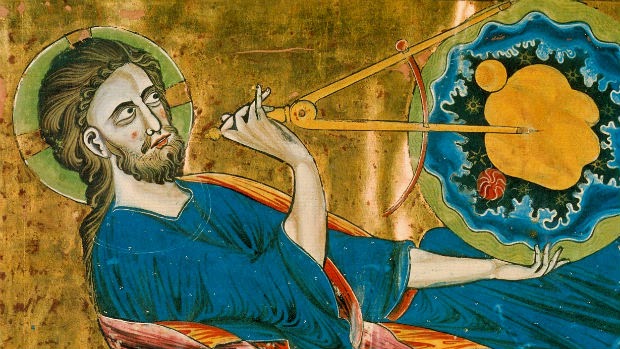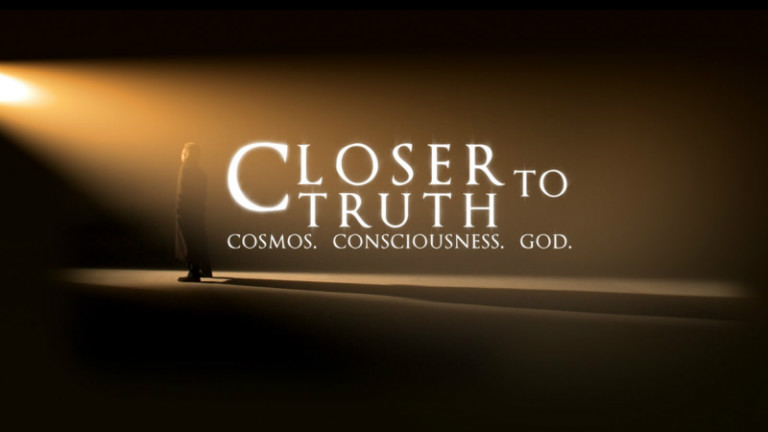Jesus Christ and Atonement in Knowledge and Goodness
Lincoln Cannon
20 July 2011 (updated 3 January 2026)

On the Mormon Transhumanist Association Response blog, Vblogger asks how the pursuit of science, if not limited, can be reconciled with faith in Jesus Christ. Do we need the grace of God? If we can figure things out on our own, why do we need Christ?
In the strictest sense, we have not figured anything out on our own. We, our bodies and minds, our relations and our world, are a product of billions of years of evolution, organization and cooperation. We are beneficiaries. We live in a context of grace, enabling all we are and do.
In that context of grace, Jesus invites us to join him in taking on the name of Christ, becoming saviors and messiahs. In the words of Paul, we can and should become joint-heirs in the glory of God with Jesus, “if so be that we suffer with him.” It’s not enough that we passively inherit an eternal grace. We should give back. Even to the extent of suffering, we should perpetuate and add to the grace we inherited. That is our calling.
We need Christ for all the reasons we need each other, in service and forgiveness, and in love. I without you cannot be saved. We without our dead cannot be saved. Without an eternal atonement, perpetually reconciling our minds and bodies, our relations and our world, we are not one in God. That is what Jesus taught and exemplified, and that is what he invited and even commanded us to do, following his example in every way. As Paul put it, we must “fill up that which is behind of the afflictions of Christ in [our] flesh for his body’s sake, which is the church.”
Jesus was perfect not by some external measure, but rather by definition. We look to Jesus as the measure of perfection. Not hypothetically, Jesus is the Son of God, and we should be the children of God. Jesus is the Firstborn, and we should be the Church of the Firstborn. Jesus is the Only Begotten, and we should be after the Order of the Only Begotten. We declare with trust that Jesus Christ is perfection, and we too should be one in that perfection.
It may appear that the scientific method does not require Christ, but it does. The scientific method is epistemic charity, unity in truth, an aspect of eternal atonement. Science is an ongoing acknowledgement that one person’s experience is not more important than another person’s experience. The truth revealed by science is not egotistical, but rather altruistic. It is not decreed. It is discovered together. Then, when we understand it sufficiently, we use technology to create it together. In doing this, we are fulfilling our discipleship of Christ.
Moreover, it may appear that science can progress without morality or charity, but it cannot. As we experience the world, gain knowledge and work together to discover and articulate truth, we increase in power. As we increase in power, we are increasingly presented with opportunities and risks, the option to use power for good or evil. To the extent we choose to use power for evil, we destroy our relations and our world, and consequently inhibit further pursuit of truth. To the extent we use power for good, we enable ongoing education. Progress in morality is an essential enabler for progress in truth. The epistemic atonement cannot be accomplished without the ethical atonement. We cannot be one in knowledge without being one in goodness.
I don’t know for sure how we, our children or future generations might choose to organize a resurrection, assuming we someday gain such capacity. However, we probably will not gain that capacity at least until we have demonstrated a degree of wisdom and morality sufficient to survive the acquisition of many dangerous prerequisite abilities. That’s well beyond where we are today, and I trust that would help us make better decisions than we would today given such power.
The structure of the world itself, with natural moral hurdles between us and greater power, reflects the kind of God that seems to me to be most worthy of emulative worship. This God isn’t arbitrarily withholding or granting power. Rather, this God has established a system that rewards us for our combination of creativity and morality, giving us a real opportunity to become Gods - not just prosthetic extensions of God, but relinquished inter-dependent participants in fullness of joy, the immortality and eternal life that is the work and glory of God.


